The American Bar Foundation’s (ABF) Access to Justice Research Initiative, founded by ABF Faculty Fellow and MacArthur Fellow Rebecca Sandefur, is proud to announce the 2024-25 cohort of ABF/JPB Foundation Access to Justice Scholars. Each scholar offers unique expertise to advance the program’s core mission: generating impactful research on access to justice and translating it into real-world policy and practice.
These five scholars were selected by an interdisciplinary Advisory Council from a highly selective pool of applicants, chosen based on their diverse academic backgrounds and project proposals. Their projects exhibit significant potential in two key areas: (1) the production of social scientific discoveries relevant to understanding access to justice; and (2) the production of knowledge that can meaningfully inform policy and practice.
The Access to Justice Scholars Program promotes the next generation of scholars and strengthens the foundation of the growing field of access to justice research. Choosing participants from across the nation and spanning various disciplines such as law, anthropology, political science, public health, and sociology, the program facilitates new theoretical and empirical understandings of access to civil justice.
“We are thrilled to welcome the new cohort of Access to Justice Scholars,” said ABF Executive Director Mark Suchman. “This program enriches the intellectual community of the ABF, bringing in fresh ideas from pathbreaking research nationwide. Not only are this cohort’s projects strikingly novel, they also have tremendous potential to influence law and policy.”
Through funding provided by The JPB Foundation, the ABF supports these Faculty Scholars by providing mentorship, an intellectual community, and resources to complete their research over 16 months. Their research projects cover a variety of topics including civil protective orders, access to justice in environmental courts, immigration policy, non-lawyer representation in administrative proceedings, and bank account garnishment in civil litigation.
“Access to justice is critical not only to solving America’s persistent problem of poverty and inequality, but also to supporting our democracy,” said Rebecca Sandefur. “If people cannot use their own law, democracy fails. This year’s new cohort of Scholars are making discoveries that will help empower people and communities to take action to combat poverty and help our democracy thrive.”
Introducing the 2024-25 Access to Justice Scholars:
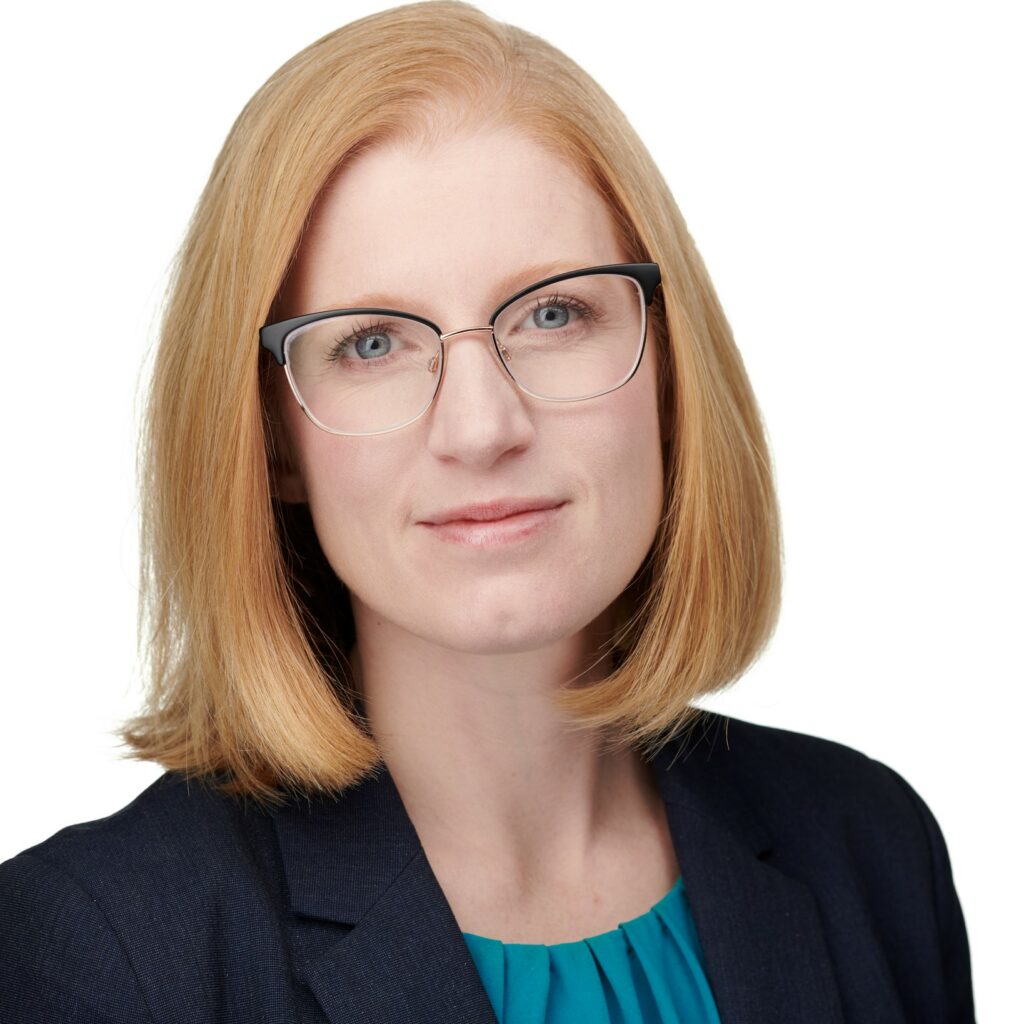
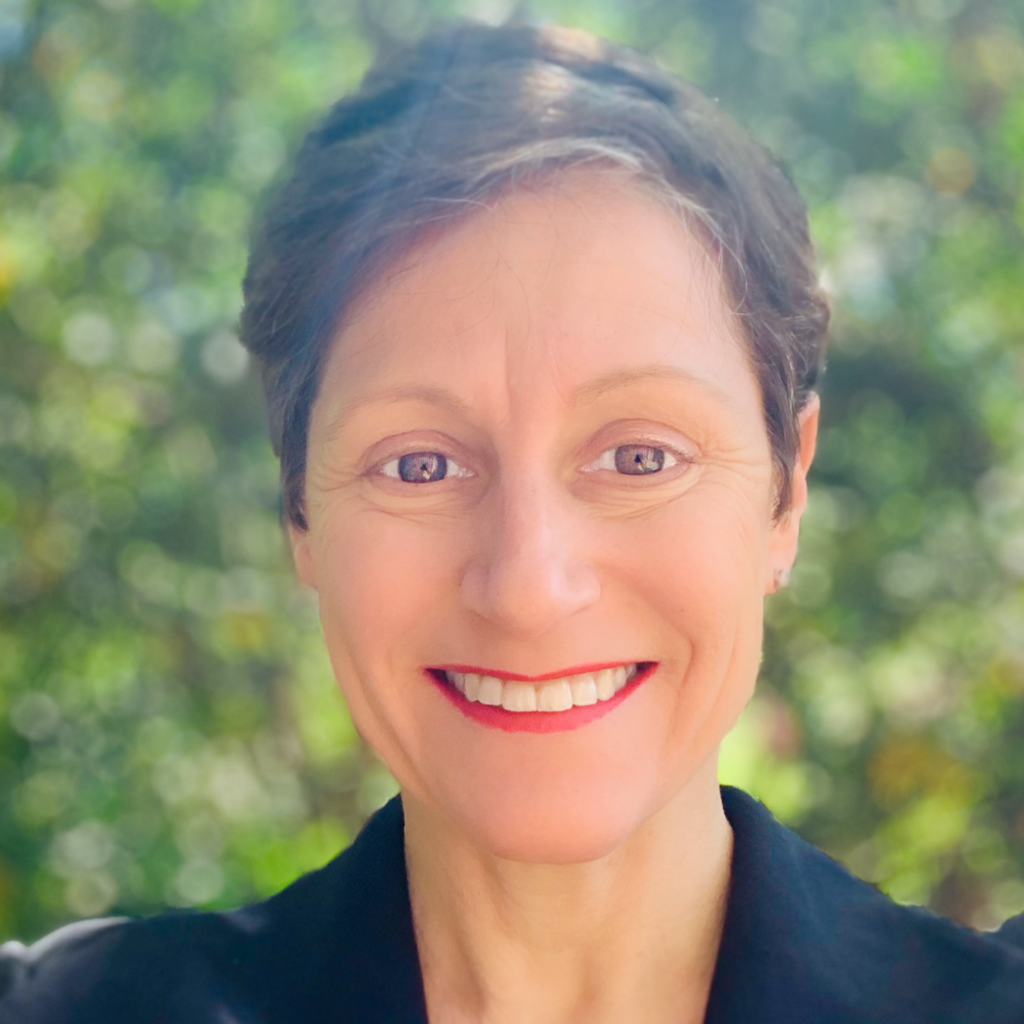
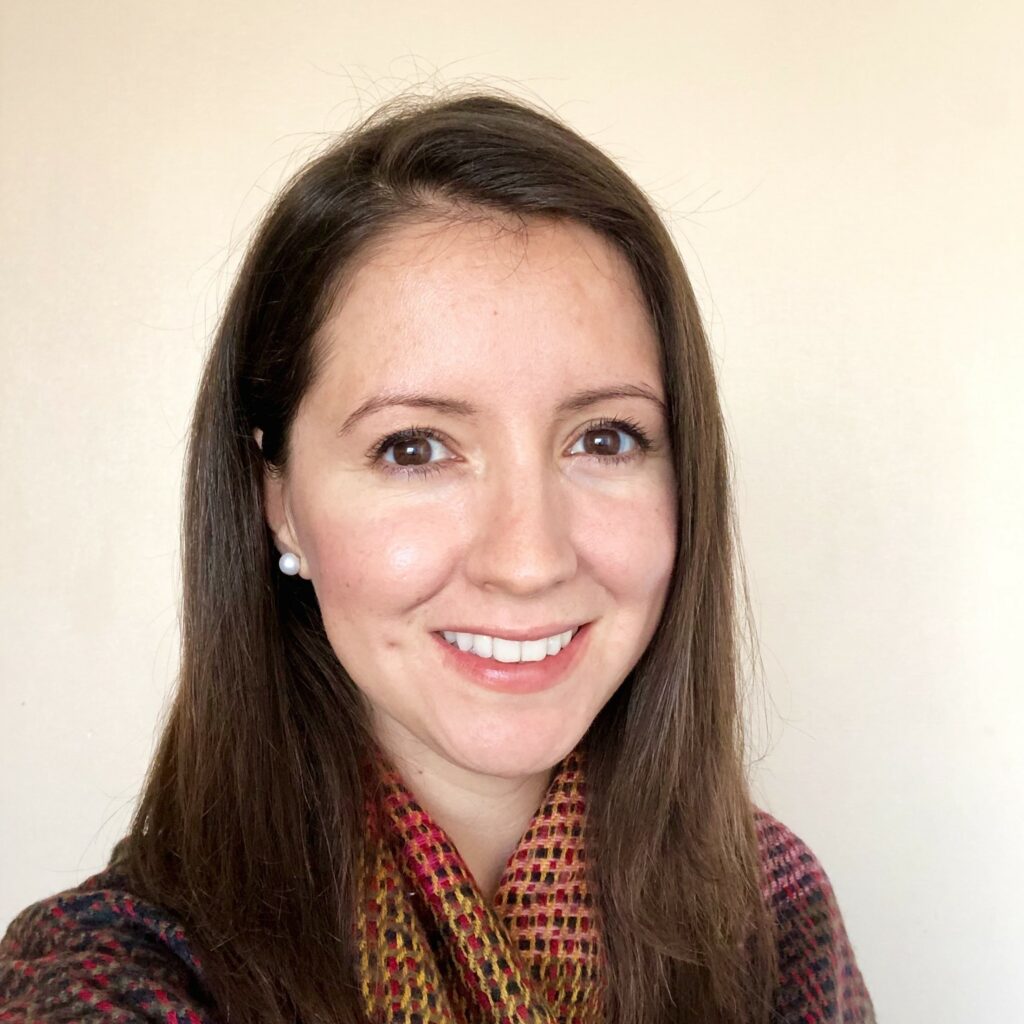
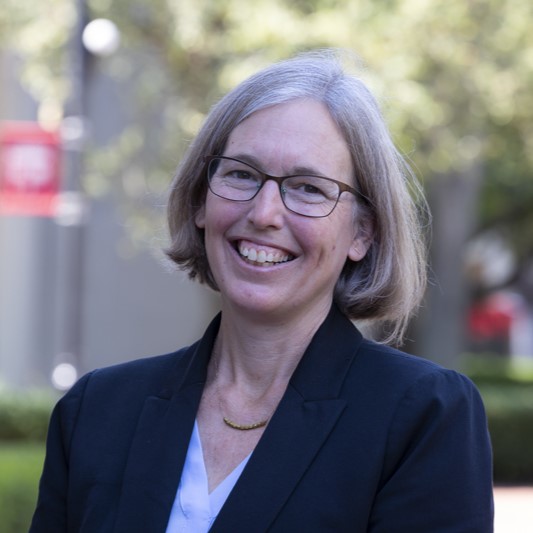
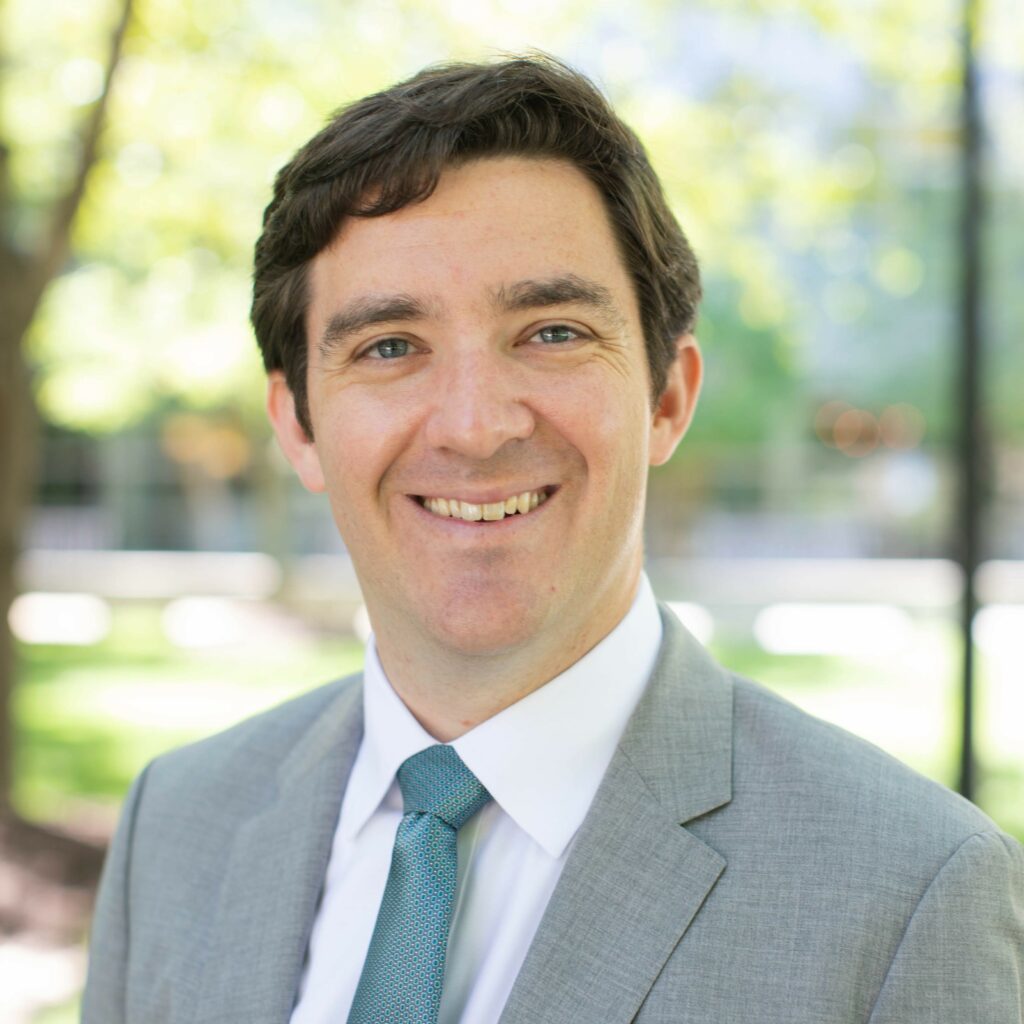
###
About the American Bar Foundation
The American Bar Foundation (ABF) is the world’s leading research institute for the empirical and interdisciplinary study of law. The ABF seeks to expand knowledge and advance justice through innovative, interdisciplinary, and rigorous empirical research on law, legal processes, and legal institutions. To further this mission the ABF will produce timely, cutting-edge research of the highest quality to inform and guide the legal profession, the academy, and society in the United States and internationally. The ABF’s primary funding is provided by the American Bar Endowment and the Fellows of The American Bar Foundation
